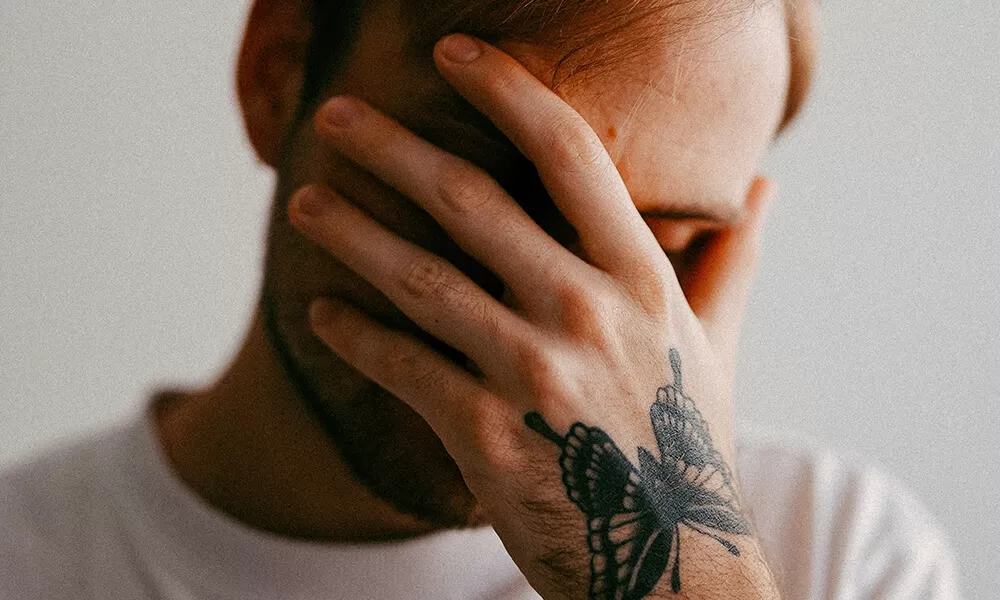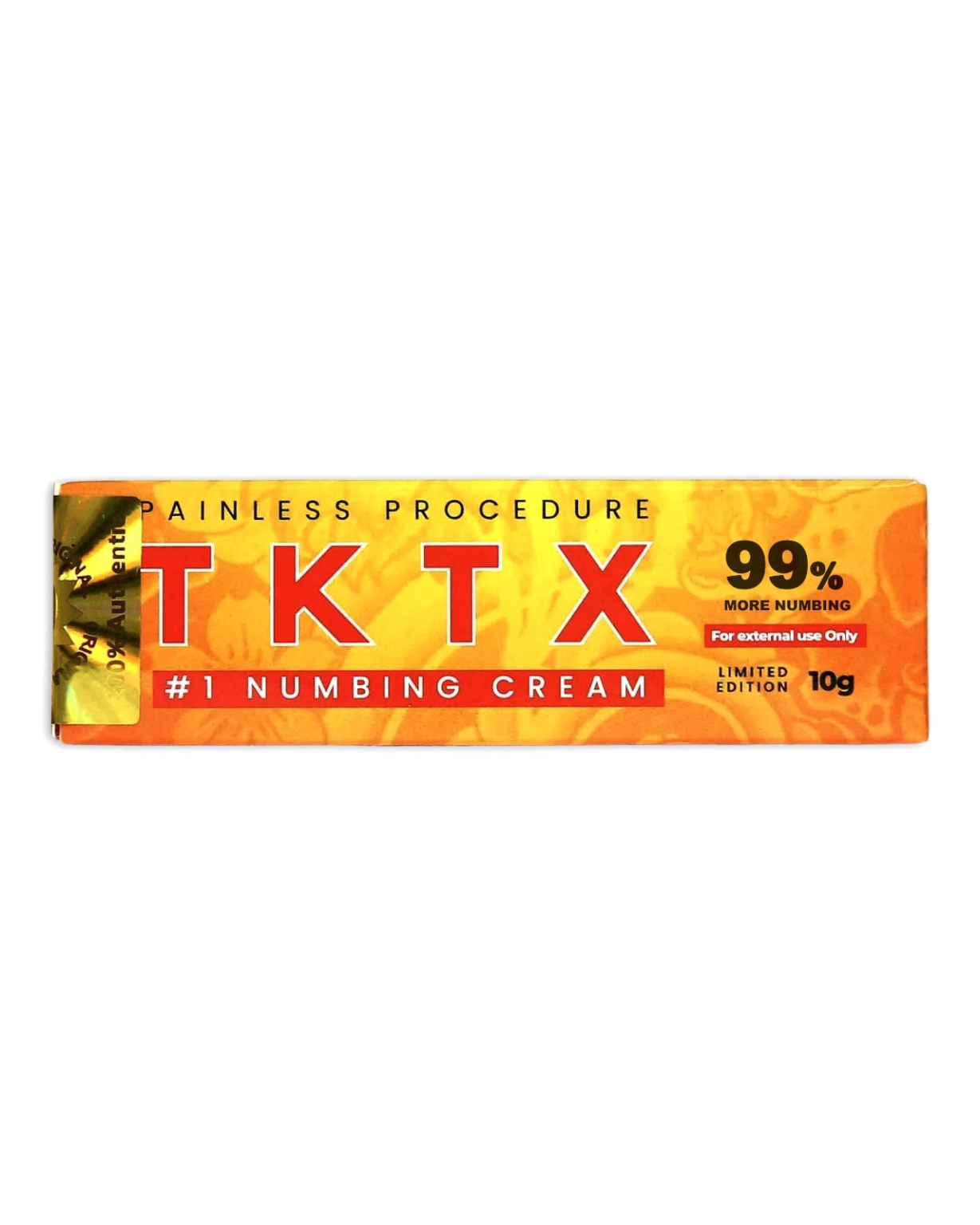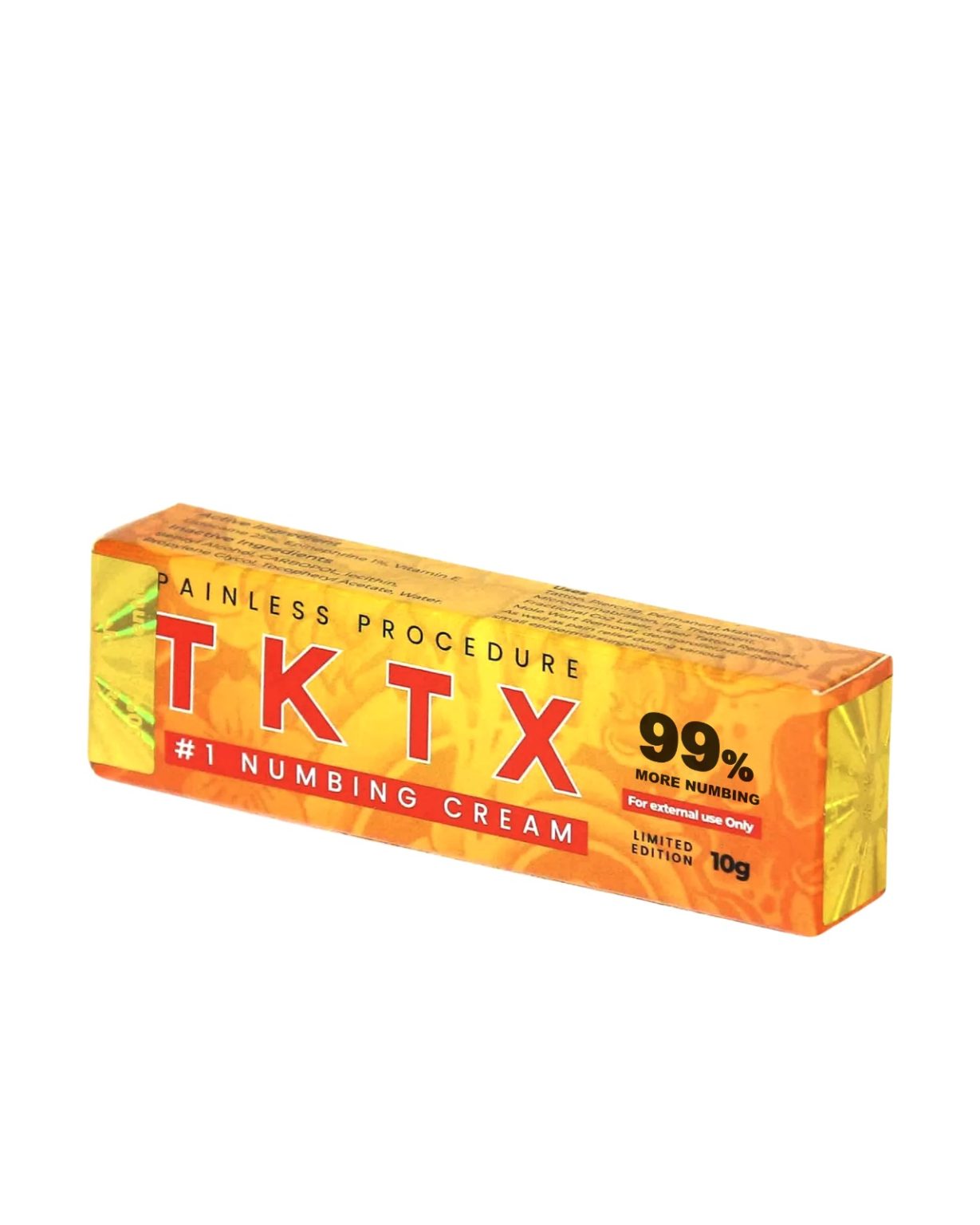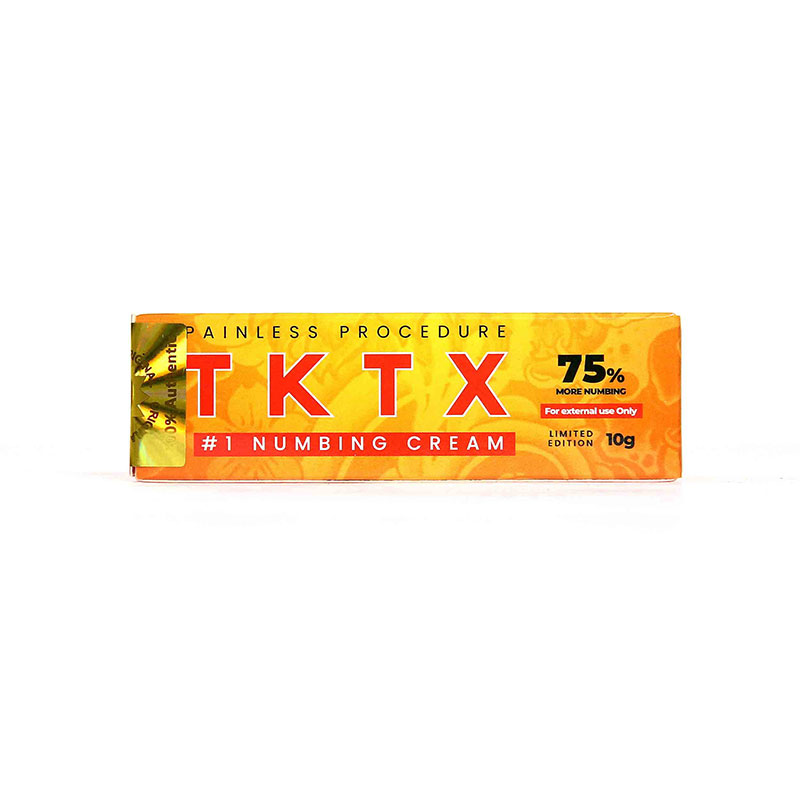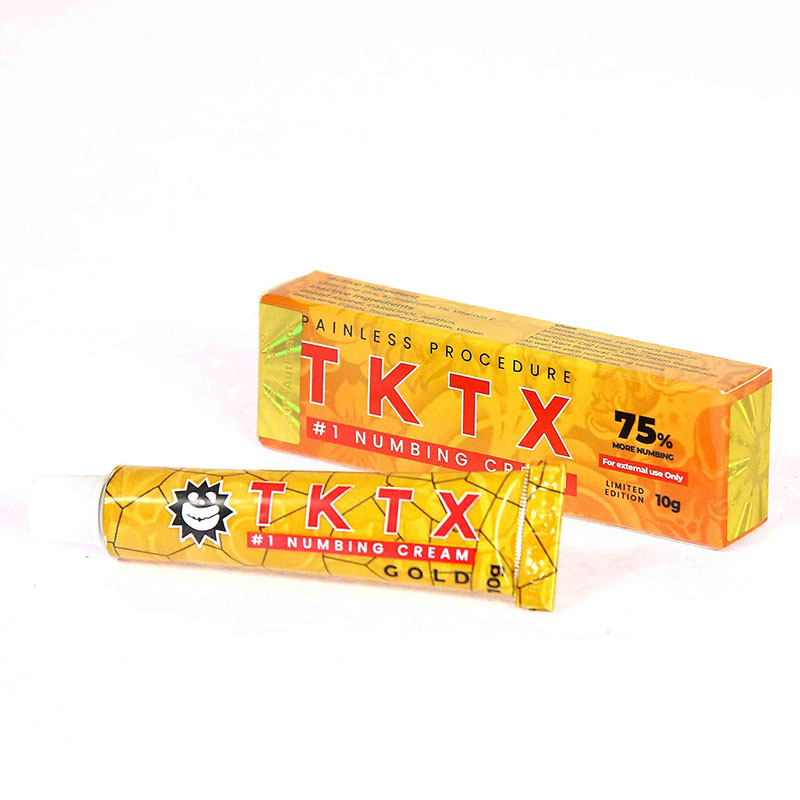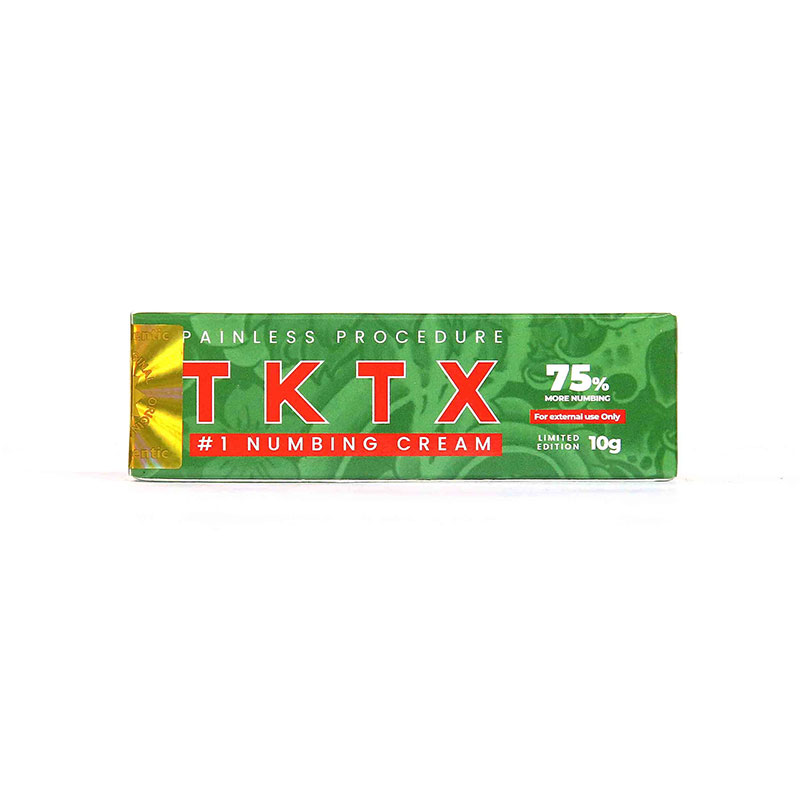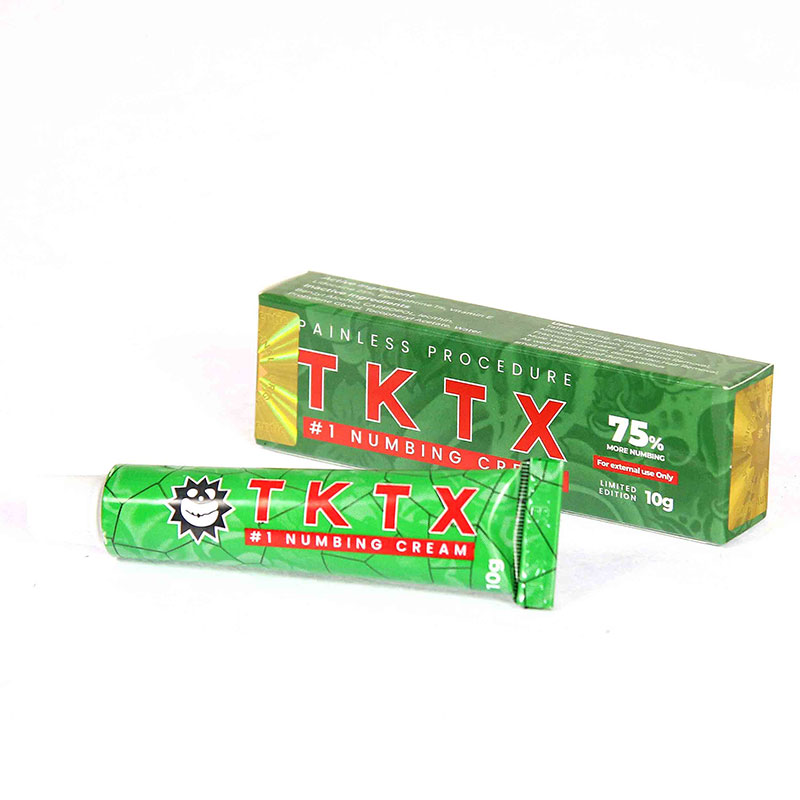Geen onderdeel van een categorie
How a tattoo can help during and after depression: The depression tattoo
Tattoos have long been a form of self-expression and personal symbolism. For many people, tattoos are not only aesthetic but also deeply emotionally significant. In recent years, there has been a growing interest in the concept of the “depression tattoo” – tattoos that people get to symbolize their struggle with depression, to remind themselves of their strength, or to mark a new beginning after a difficult period. In this article, we discuss what a depression tattoo is, how a tattoo can help in overcoming depression, and why people choose to get a tattoo after a burnout.
What is a Depression Tattoo?
A depression tattoo is a tattoo that is specifically made to symbolize a personal struggle with depression. This can be a symbol that, for example, expresses hope, strength, or perseverance. For some, it is a way to mark a difficult period in their life, and for others, a constant reminder of their journey to recovery.
Common symbols for depression tattoos include:
- Semicolon (;): the semicolon symbol is globally recognized as a sign of hope and continuation. It represents a moment when someone chose to continue rather than stop.
- Lotus Flower: this symbol stands for growth and rebirth, which can be particularly fitting for someone who has climbed out of deep depression.
- Phoenix: the mythical bird that rises from its own ashes symbolizes rebirth and resurrection after destruction.
- Small, Personal Symbols: many people choose something with personal meaning, such as initials, a date, or a specific image that represents their struggle.
Tattoo to Overcome Depression
The process of getting a tattoo can be a powerful tool to overcome depression. Choosing a tattoo design and going through the tattooing process can be a form of self-expression. It helps people externalize their experiences and create a physical symbol of their struggles and victories. A tattoo can also serve as a constant source of strength and motivation. Every time someone sees their tattoo, it can remind them of their resilience and courage, which helps strengthen their mental health. Getting a tattoo can also be a ritual of closure and a new beginning. It symbolically marks the end of a difficult period and the start of a new phase in life. Many people who get a depression tattoo feel connected to others who have shared the same experience. Wearing a recognizable symbol can create a sense of community and understanding.
Tattoo After Burnout
A burnout is an extreme form of emotional, physical, and mental exhaustion caused by prolonged stress. After recovery, some people choose to get a tattoo to mark this period in their life and remind themselves of their strength and perseverance. A tattoo after a burnout can serve as a lasting reminder of the necessity to set boundaries and take care of oneself. Just like with a depression tattoo, a tattoo after a burnout can be a symbol of recovery and rebirth. It helps the wearer to be proud of their journey and to celebrate their resilience. When someone chooses a tattoo with a positive message or quote, it can be a daily affirmation that reminds them to make positive choices and prioritize their mental health.
Personal Stories
Many people have shared personal stories about how their depression tattoo has helped them. These testimonials can be inspiring and encouraging for others undergoing similar challenges. Here are some examples:
- Emma’s Semicolon: Emma chose a semicolon tattoo after a difficult period of depression. For her, it symbolizes the choice to continue and keep writing her story. It gives her the strength to keep fighting her depressive feelings every day.
- Mark’s Phoenix: after a burnout, Mark decided to get a phoenix tattoo. The tattoo reminds him that he is stronger than he thinks and that he can always start anew, no matter how difficult life gets.
- Sarah’s Lotus Flower: Sarah chose a lotus flower as a symbol of her growth and recovery after a long-lasting depression. The tattoo helps her be proud of her journey and celebrate her transformation.
Additionally, there are stories like that of Tom, who got a tattoo of a mountain landscape after a long struggle with depression. “For me, the mountains symbolize the obstacles I have overcome and the beauty of the life that lies ahead,” says Tom. “Every time I see my tattoo, I remember how far I have come.”
The Role of the Tattoo Artist
The role of the tattoo artist is crucial in the process of getting a depression tattoo. An empathetic and understanding artist can positively influence the experience. A good tattoo artist will take the time to listen to the client’s story and understand the meaning behind the tattoo. The artist can also help choose a design that best expresses the desired symbolism. By providing a comfortable and supportive environment, the artist can help make the experience less stressful.
Aftercare of New Tattoo and Mental Health
Taking care of a new tattoo is important not only for physical healing but can also have a positive impact on mental health. The process of aftercare provides an opportunity for self-care and self-reflection. Here are some tips for taking care of a new tattoo:
- Cleaning: keep the tattoo clean to prevent infections. Use mild soap and lukewarm water.
- Hydration: apply a thin layer of recommended ointment or lotion to keep the skin hydrated.
- Protection: avoid exposure to the sun and submersion in water until the tattoo is fully healed.
Emotional Healing Through (Depression) Tattoos
Tattoos can be an important tool for emotional healing, especially after traumatic experiences such as depression or burnout. The process of choosing and getting a tattoo can be therapeutic. A tattoo can serve as a daily reminder of the obstacles you have overcome. It reminds you that you are stronger than you think and that you can handle any challenge. Many people choose symbols that have a personal and deep meaning. These symbols can provide comfort and inspiration during difficult times. Tattoos also give people the opportunity to express their story and emotions in a visual and permanent way. This can help in processing feelings and finding peace with the past.
The Social Aspect of (Depression) Tattoos
In addition to personal healing, depression tattoos can also fulfill a social function. They can spark conversations and create connections between people with similar experiences. People with similar tattoos or meanings can feel connected to each other. This can create a sense of community and mutual understanding. Depression tattoos can also lead to discussions about important topics such as mental health, resilience, and recovery. This can help break down stigmas and raise awareness. By sharing their stories and tattoos, people can inspire others who are going through similar challenges. This can have a powerful effect on the broader community.
